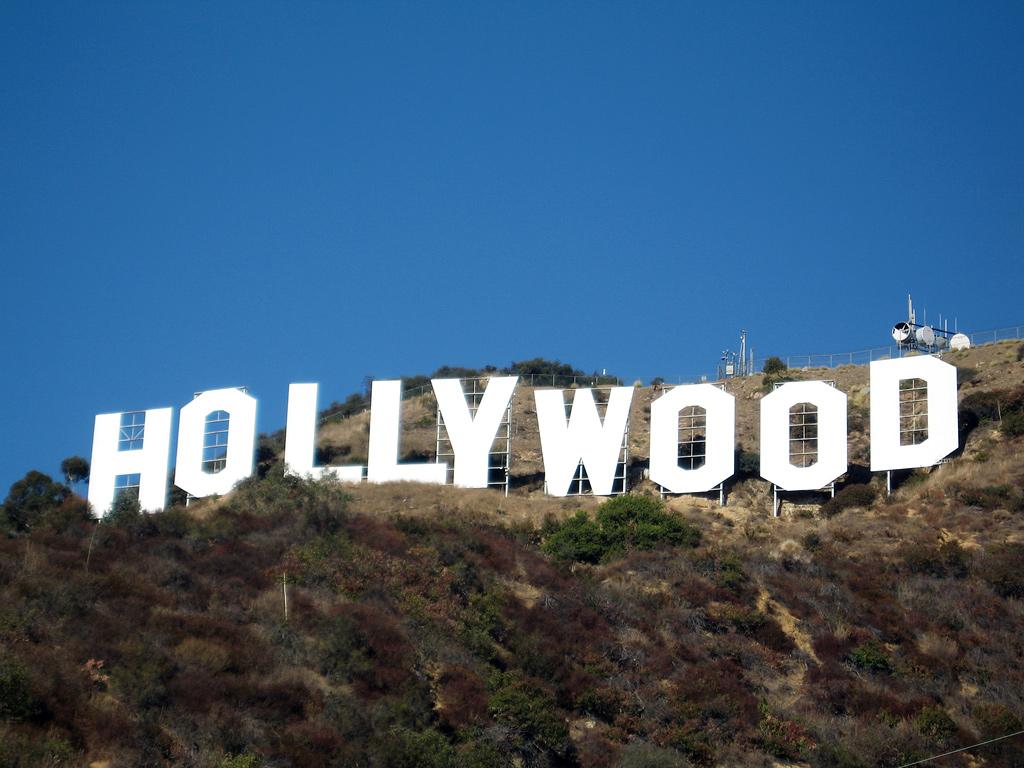It seems like every year, there’s one film with a non-Anglicized cast that grabs the attention of awards committees. This year’s Academy Awards featured the film about the Rev. Dr. Martin Luther King Jr.’s march from Montgomery, Alabama to Selma for the voting rights of African-Americans in 1965 Ava DuVernay’s “Selma.”
In 2014, critics were floored by Steve McQueen and Brad Pitt’s “12 Years a Slave,” where not only did the film win the Academy Awards’ Best Picture category, but actress Lupita Nyong’o won the coveted Best Actress award. The prior year, critics were abuzz about Quvenzhanè Wallis being the youngest person ever nominated for an award at age 9 for her work in “Beasts of the Southern Wild.”
Yes, these films deserve the merit of being nominated for something like the Holy Grail of film awards. However, it seems that they are chosen for a reason other than this.
In 2008, critics couldn’t stop talking about Dev Patel’s role in the film “Slumdog Millionaire” or the ensemble cast in 2005’s “Crash.” Surely the predominantly middle-aged academy has a sort of obligation or bias toward the inclusion of these.
While “Selma” was nominated for Best Picture this year, it was the first time in a long while there were no non-white nominations for acting awards. And while Common and John Legend won Best Original Song for their track “Glory” for the film “Selma,” there were no other nominations for this film that was described as moving and pivotal by countless reviewers.
It’s because of these criticisms of the academy that Seawolves were asked, does its demographic create an under representation of minorities in film roles?
data-animation-override>
“I feel it’s based on merit, but certain roles in mainstream films seem as though they’re meant to fit an archetype.”
data-animation-override>
“On one hand, I think that maybe the academy isn’t honoring enough minority roles, but on the other hand I think that maybe there isn’t that good of movies in that vein. I haven’t seen ‘Selma,’ but I heard that it wasn’t actually that good.”
data-animation-override>
“Most definitely. The fact that most African-American films are about slavery or the Civil Rights era seems demeaning. It’s historical, but a normal film should be made rather than one that repeatedly displays this history.”
data-animation-override>
“I feel like they’re definitely expanding on more diverse roles but I don’t like when they play the multicultural card; I think there should be a greater amount of multicultural roles in mainstream films.”



































